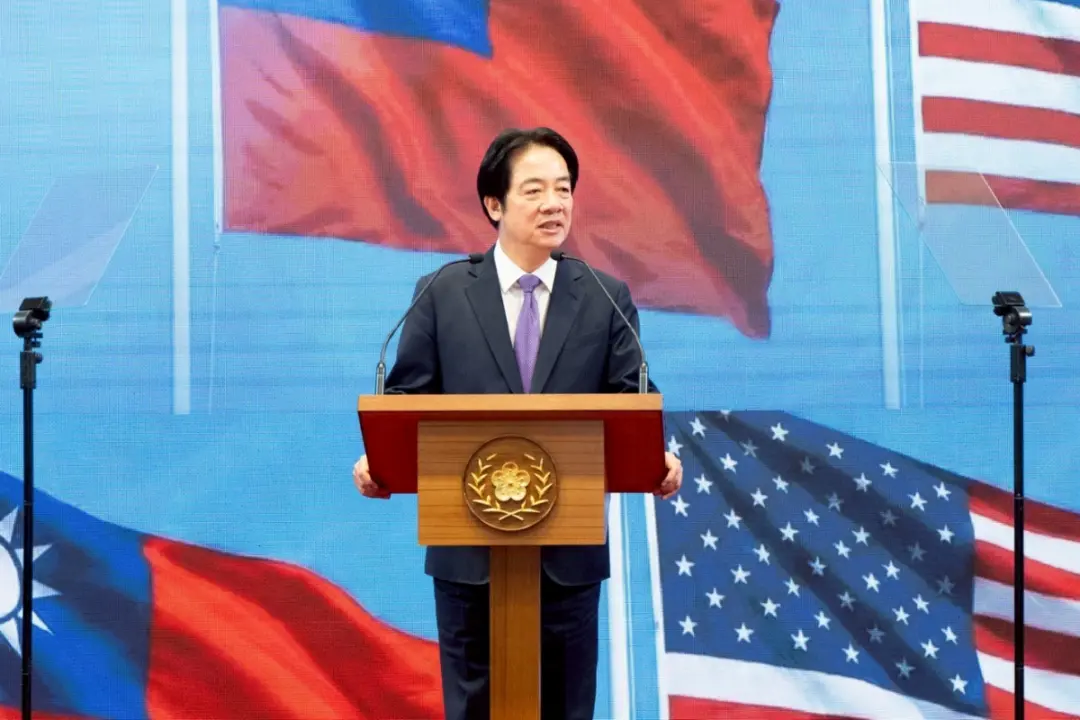Universities dropping courses, merging with other institutions, and even failing could “become common” if the current funding trajectory stays the same, a report has said.
These “tough choices” for England’s universities would be a result of unresolved “serious funding challenges” related to international student recruitment, “unsustainable” research funding, and the home undergraduate fee cap, according to one of four scenarios outlining the future of higher education published on Thursday by the Higher Education Policy Institute (HEPI) think tank.
“In this scenario, some universities continued to thrive, able to manage economies of scale and diversity of provision to make a compelling offer,” the report said, noting these would likely be institutions in receipt of donations and other philanthropic operations to support teaching and research.
Other universities could become more efficient, such as by using digital means to supplement face-to-face teaching and operating a narrower range of courses, but still offering “a compelling student experience.”
‘Mergers and Market Exits’
Projecting how higher education would look in the 2030s, the HEPI report said, “While the sector remained large, the number of institutions fell by comparison with the early 2020s and government and the sector became adept in managing mergers and market exits.”Report author Professor Sir Chris Husbands, former vice-chancellor at Sheffield Hallam University, noted that while this one scenario depicted “extremes,” it nevertheless “paints a picture of the higher education sector in England if government does not confront policy choices for universities and sees the sector spending the next decade responding to the consequences.”
Sir Chris said there is “no realistic way through the issues facing English universities without thinking about the future shape and size of the sector.”
He continued: “The shape of higher education in 2024 is a consequence of previous interactions between universities and policy. It could – and will – change.
Funding Models
Last month, the Office for Students (OfS) advised universities to review their funding and business models to avoid closure, estimating that by academic year 2026–27, nearly two-thirds of institutions will be in deficit.Baroness Barran had told peers that universities are separate from government and must be responsible for their own finances. However, she suggested that the government may bail out institutions in certain scenarios, saying, “Of course the government have a role to play in making sure that student interests are protected in the case of a university failing.”
The OfS, the independent regulator for higher education, also said universities should not rely on overseas fees for funding.
‘Rip-Off’ Degrees
The issue of higher education has been a talking point on the campaign trail with both major parties. Earlier this week, Prime Minister Rishi Sunak vowed to axe “rip-off” university degrees which could “run down and undermine” the higher education sector.Mr. Sunak said he would task a regulator with looking at progression and retention rates of university courses and their future earnings potential to determine whether programmes are underperforming.
Labour’s shadow science secretary Peter Kyle responded to the remarks, saying that if his party takes power after the July 4 election, “That war against universities will stop.”
The prime minister also announced a new Conservative government would create 100,000 new apprenticeships every year. The Tories said that an additional 5.8 million apprenticeships have been delivered under Conservative governments since 2010, with some 340,000 starting in 2022/2023.
Labour said that apprenticeship achievements among under-19s are down 50 percent since 2015/2016. The party added that the number of those starting apprentices has dropped by at least 30 percent in every English region.
“It is laughable that the Tories, who have presided over a halving of apprenticeships for young people, are now announcing this,” shadow education secretary Bridget Phillipson said.







